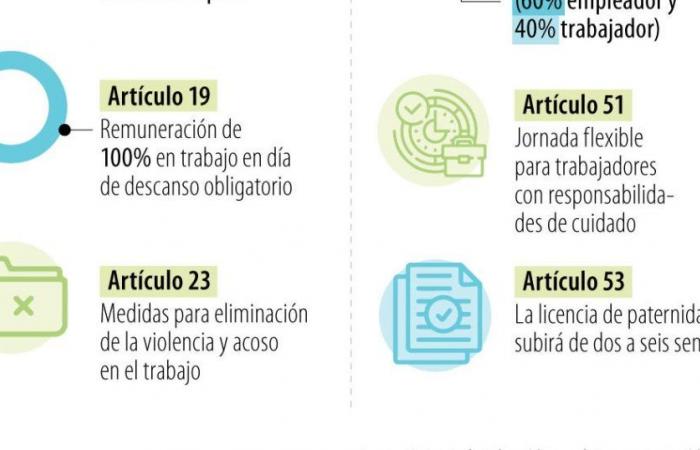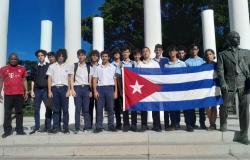Through a letter, the Vice Minister of Labor, Edwin Palma, announced a list of six draft decrees that would seek to revive some articles of the labor reform that sank in the first debate in Congress.
Although the initiative was saved in the legislature that ended last weekMany of the proposals from union organizations fell through the discussion in the House of Representatives.
The letter is titled “Regulatory modifications that can be made by decree and that imply a labor reform” in which changes are proposed by decree to proposals such as strengthening union rights, regulate collective bargaining, limit illegal outsourcing and modernize the right to strike.
The letter assures that the modifications have the support of national jurisprudence and the recommendations of international organizations such as the ILO and the OECD.
The decree that would be subject to modification is 1072 of 2015, which compiles all regulatory labor standards.
lThe decrees refer to various topics. The first is about the procedure of Union Voting and Collection of Union Dueswhich seeks to modify Decree 1072 of 2015 to improve the voting procedure on strikes and Arbitration Courtsand regulate the renunciation of the benefits of the collective agreement by workers not affiliated with unions.
“That this decree modifies and adds the regulations referring to the following topics (…), respect for the fundamental rights of workers and understanding and social dialogue for the proper development of labor relations, among themthe modification of the powers of the Ministry of Labor to verify the votes of article 444 of the Substantive Labor Code and the modification of the article referring to the collection of union dues from non-unionized workers who are beneficiaries of a collective agreement,” says the draft decree.
The second is about the procedure and designation of arbitrators on labor issues, detailing the procedure for convening and the integration of the courts, including the steps to be taken in case of reluctance of the parties to appoint arbitrators.
The third modification is about the setting Minimum Services in Essential Public Services Strikess, which would establish the rules for setting minimum services during strikes that affect essential services.
It is also modified labor outsourcing, including when it is considered illegal, and establishes the differences between labor outsourcing and labor intermediation.
And finally, a modification is made to the Unification and Regulation of Collective Bargaining in Colombia, which seeks to promote negotiations based on the principle of good faithensuring the equitable participation of employers and workers.





